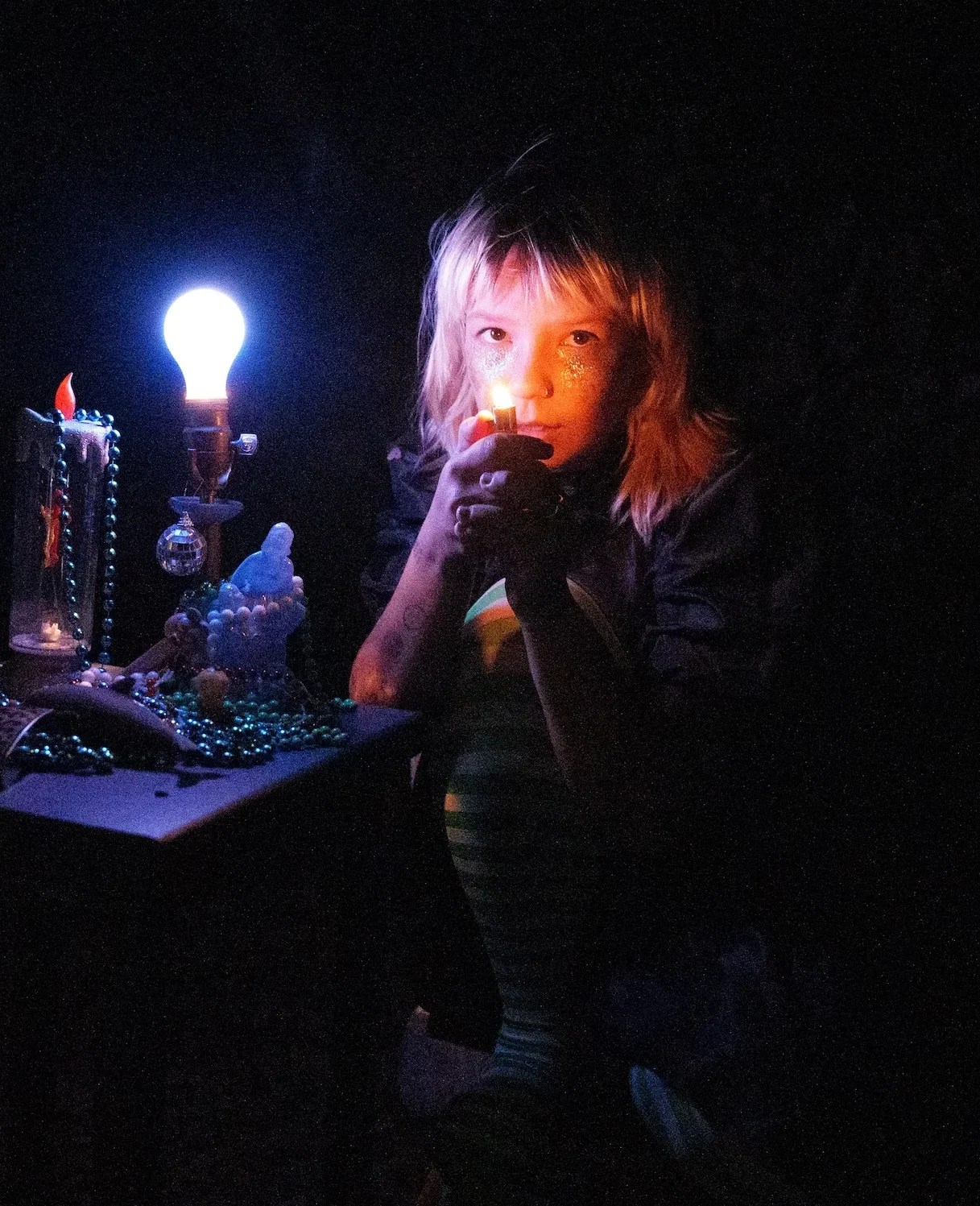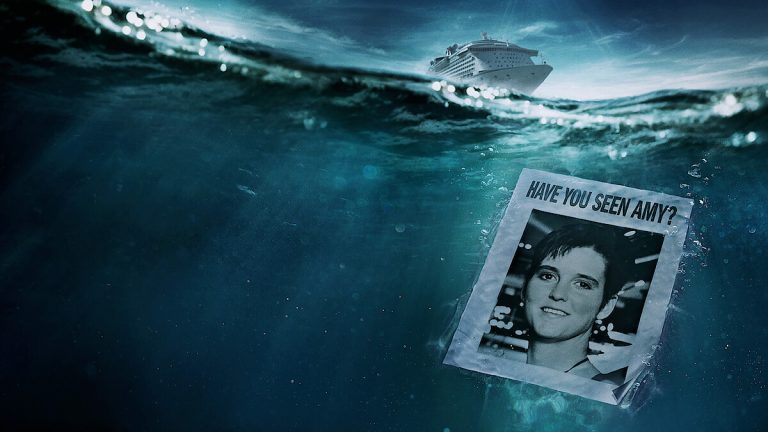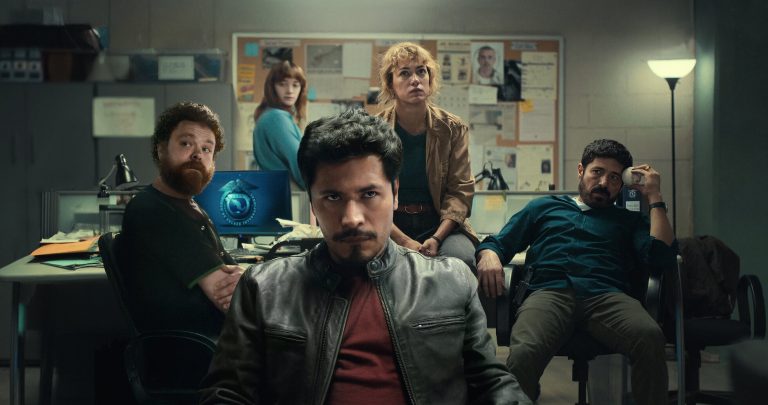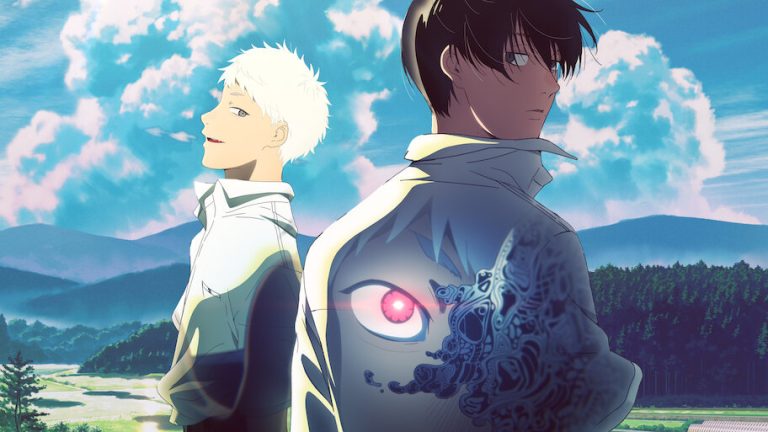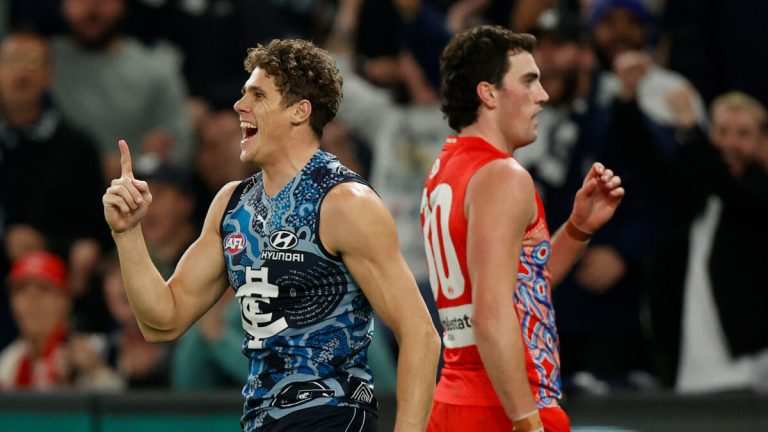Lily Seabird is a Vermont singer-songwriter whose first instrument was the saxophone, which she picked up at age 9 before learning guitar a few years later. Her family moved a lot when she was a kid, and after a brief stint in New York, she eventually settled in Vermont and found refuge in Burlington’s music scene. Her new record, Trash Mountain, is named after a pink house sitting on a decommissioned landfill site at the back of Old North End, which she’s called home for several years now. But Seabird has also spent much of that time on the road, touring her own music and as a bassist with Greg Freeman, Lutalo, and Liz Cooper. Freeman, along with Robber Robber’s Nina Cates and drummer Zack James, accompany her on just a few songs on the new album, which is intentionally sparser than previous efforts like 2024’s Alas, (which was accompanied by an acoustic EP in its Lame-O Records reissue) and 2021’s Beside Myself. Rough-hewn yet warmly realized, the album centers on Seabird’s captivating voice as it lingers on a moment, trembles in grief, or sighs around a melody for just that bit more relief. “Where the wind blows everything I try to remember and forget/ On the edge of town/ Where when I’m home I rest my head” is how she describes Trash Mountain, recording to bask in its comfort a little longer.
We caught up with Lily Seabird for the latest edition of our Artist Spotlight series to talk about her songwriting journey, the making of Trash Mountain, how Leonard Cohen led her to Burlington, and more.
While your previous records were written over the course of a year, the songs on Trash Mountain came out almost entirely out of a three-month period. But there’s a stretch from ‘How Far Away’ to ‘Albany’ that sounds to me like it could even have been written in one night. I wonder if there were instances where the writing overlapped, or songs flowed into each other, or you traded lyrics around in that way.
For sure. A lot of the writing happened in this one short period. I think ‘Trash Mountain (1pm)’ and ‘The Fight’ I wrote on the same day. My writing process is like bursts of energy; it just comes out as one flowing thing. I’ll be playing guitar, and then the song will come out, and I’ll try to write it down really quickly. It’s usually all at once – lyrics and music. Sometimes I’ve had a melody first, but the words are always all at once. I wrote ‘Trash Mountain (1pm)’ while walking from the coffee shop near my house back to where I live and recorded it into my phone all in one burst. Then I was just playing guitar for a while – I had the chords for ‘The Fight’, I just started playing those and, in one burst, wrote all those lyrics. Then I actually wrote another song that didn’t make it onto the record because I just wanted to save it for some reason. But yeah, when I’m writing, I’ll get in this headspace – I’ll wake up, play guitar, and do that all day long. I write a lot of stuff at once, so they were all written pretty close together.
In the springtime in Vermont – a lot of folks, like Vermonters, say we have five seasons here: winter, spring, summer, fall, but between winter and spring is mud season. All the snow is melting, it’s really icy because it keeps melting and freezing again, and it’s super slushy. That’s what we’re entering right now, and I wrote all these songs during mud season, and the album comes out during mud season too, which is pretty cool. I’m just realizing that talking to you right now.
Do you feel like some aspect of the songs would sound different if they weren’t written in this in-between kind of season?
Both ‘Trash Mountain’ songs and ‘The Fight’ really speak to this time period for me. In winter, I spend a lot of time inside, and those were some of the first walks outside, really taking in what’s going on around me. So, Trash Mountain is what we call the house I’ve lived in for a couple of years, but artists and young people have lived here for like 10 years. Behind our house is a big, beautiful field, a lot of preserved land, but the field is actually an old landfill. That’s why they call it Trash Mountain. I was just singing out thinking about that – a place that could have so much beauty to me, and so much sense of community, but then it has that name. I’d be constantly thinking about the climate crisis and pollution and late-stage capitalism, just the state of the world, and I sing a lot about – this time of year, all the garbage people have thrown on the side of the road comes out of the snow and is just there. So there’s lots of trash around, and it just seems like a palpable metaphor to me.
I wanted to zoom out a little and ask about home more broadly. Do you mind talking about the places you’ve called home and how your understanding of home has changed as you’ve landed where you are now?
Yeah. I’m not from Vermont originally. I was born in San Francisco, and we moved a lot when I was a kid – we lived in New Haven, Connecticut, and Philadelphia. My parents split up; my dad stayed in California, and my mom moved to Pennsylvania and brought me there when I was 10. We lived in Philly when I was younger, but we moved to a more rural zone. I feel like I’ve always – not struggled with, but a sense of belonging, feeling like I was from a place. I was a very emotional and lonely child. I stopped living with my mom around 16, was on my own since then, and moved to New York City when I was 18. I’ve definitely never felt a super strong sense of home or where I should be until I moved to Burlington when I was 20. And I’ve been here the last six years.
There’s a very strong community in Vermont, and Burlington specifically, that’s grounded me and helped me become an adult, like a full person. [laughs] Burlington is the first time in my life where I’ve felt like I’ve found a place where I belong. Not to say I think I’m going to live here the rest of my life, but it’s definitely a really special place to me. This is the longest I’ve ever lived in a place.
Aside from that community, was there a place or moment where music entered your life in a way that made you realize it was something you’d be pursuing?
Yeah, absolutely. I’ve been writing songs since I was 11. I played saxophone in school – I really loved it, still do. I was a good singer, but I’d refuse to sing in public until I was 19. I would sing sometimes, but it was more talk-singy stuff, Lou Reed-inspired, just to have a place for my poetry. I started writing songs as a preteen and always found comfort in that. Songwriting is a meditative process to me. I love making music, but I’m constantly writing stuff down – I have many journals from the last 10 years full of random scribblings: diary entries, lists, categorizing things, poems, just what’s going on around me or in the world. Since I was around 11, I’ve definitely found a sense of home in that creativity. And I’ve never really not been doing that. It’s been a constant, even as everything else has changed.
Maybe because of this focus on lyrics and journaling, do you feel a palpable separation between life on the road and life at home in how you view yourself as an artist? Is there a growing disparity, or more harmony now between those two things?
I think there’s harmony to it, for sure. I actually feel more grounded on the road, in the constant change. I had a very turbulent childhood, so I feel like the tumultuous vibe of tour – you’re constantly going from place to place, it’s not a stable environment – I don’t know if I thrive in this instability, but it feels more natural than being at home and in one place for a long time. I feel like when I am in one place and at home for so long, I start to spiral, and I don’t feel as grounded when I’m in a steady routine of being just in my house. I go to my job, I do my little tasks – I feel like that’s when oftentimes the darkness creeps in for me, and I definitely feel way more intensely at home than on the road. But there’s definitely a balance to it, because maybe the instability of, like, sleeping at somebody’s couch and playing a show and driving hours and traveling hundreds of miles – that is so tiresome for the body, even though my mind feels good. And being home and being able to take care of myself – or try to – is probably a healthy balance.
I think that at first, when we all first started touring, and I’ve played in a lot of different bands over the years – tour is so new and exciting. You’re on a road trip, it feels like, to play music with your friends. It can easily turn into partying really hard all the time at the beginning. So I feel like I would be this artist self, writing, making music at home, and then hit the road and be a complete mess. It’s not really how it goes for me anymore, but definitely learning how to moderate drinking and substances is important for any artist on the road, because it can easily get out of hand. But now I write on the road sometimes. I feel like I had something right here – I was on tour with my friend’s band, and I didn’t have my notebook when I was on this tour, but I was feeling so inspired – oh, here it is, I put it in my pocket [unfolds a napkin] – these are the lyrics for a new song of mine that I wrote on a napkin in the car. When I was talking about insane partying, that was multiple years ago, so I do write more on the road, and I just try to write about my feelings in the moment.
I already have my next record written and ready to go. I wrote it between the fall and now, and I’ve been on the road this whole time, so there’s a lot of songs that I actually wrote in other people’s houses. The road is definitely way more reflected in this next record. I think once you get into this rhythm, it becomes a more blended thing.
How do you feel like the musicians who play on this record shaped the songs in ways you maybe didn’t anticipate?
On my last record, Nina [Cates] wasn’t playing bass with me at the time. But Zack [James] and Greg [Freeman] have played with me for a really long time. But this batch of songs – ‘Arrow’, ‘Harmonoia’, ‘It was like you were coming to wake us back up’ – those were the older songs on the record, and we had been playing those live for a year or so before. ‘It was like you were coming to wake us back up’ is definitely the one major collaborative song on there. Nina wrote that bass line, and that bass line is like my favorite part on the whole album. And then ‘Arrow’ was pretty straightforward. That was the first song we tracked for the album. We came in after playing a show in New York City the night before, drove up to Vermont that morning, got there, plugged our guitars in. We were all super hungover, and we just tracked it live. We have all toured together a bunch in the past, and they’ve been the steadiest group of people that played my songs with me, and that is a supergroup of frontpeople. I don’t know if the future will have us touring as much together as a group like that, because it’s literally impossible.
Those were the only two songs where we were just full-band, more collaborative. ‘Harmonoia’, I taught the song to them a couple of weeks before, but that was more constructed. This was the first time I made a record where I made demos in my room and tried to play all the parts before I got to record. And then the rest of those songs were definitely more thought-out; I had really thought about what I wanted people to play. The arrangements for all the piano parts, I wrote those and taught them to my friend Sam [Atallah]. Sam is playing in my band now, since there’s so much piano on the record. But that was funny, because I was like, “It’s like this, but it’s taking me 10 times to show you how to do it because I can’t do it.” I’m just really bad at piano.
I definitely felt like I was producing this more than I’ve ever produced anything else. I used to think that the recording had to sound like it does live, even though that’s not what most music I listen to is like. And then something clicked. Maybe it was after touring so much that I was like, “Wait, I just want this to be a recording thing, and then I’ll figure out how to do it live.”
The way you pronounced it, I noticed there is an extra O in ‘Harmonoia’.
So, it’s a made-up word, the song title. It’s from this book I found on the ground a couple years ago. I think it’s called The Dictionary of Obscure Sorrows. It’s like a dictionary of fake words, words blended together to describe very specific feelings that we all experience as humans, that you can’t put a word to. I did not know what to call that song, and I was like, “Oh, I should pick something from this book.” It’s harmony and paranoia bashed together – when things are going too well, that paranoid feeling that something’s gonna go wrong.
On ‘Arrow’, you sing, “There exists this fine line on either side of pain and beauty.” I’m taking it out of context, but do you find yourself treading that line when you’re writing a song? Or is there a tendency to turn pain into beauty?
Yeah, I think that’s always been something that’s really inspired me. That’s kind of a reference to Leonard Cohen, because I’m a really big Leonard Cohen fan. I’ve consumed everything he’s written to a crazy degree – to a point where I kind of wound up in Burlington because I went to Montreal by myself after Leonard Cohen died, to go to the Leonard Cohen exhibit at the MAC. They had all his journals and stuff from his life open to the public to look at. I think I had just turned 19. I went out, met a bunch of Quebecois people, spent a ton of money dancing and drinking – and didn’t have that much money in the first place, didn’t have enough money to get back to New York. So I got a bus ticket to Burlington, where my friend lived, and I wound up staying here for like three days. I met a bunch of people and was like, “Oh, maybe I should move here.” The Leonard Cohen obsession got me to Burlington, and then I moved here to live briefly, and then stayed here. So my obsession with Leonard Cohen has led me to other parts of my life, which – I just think about that sometimes, how if I hadn’t been so obsessed with him, maybe I wouldn’t have gotten here.
One of my favorite places I’ve been to is Leonard Cohen’s house in Hydra, Greece, where he lived for several years.
I didn’t even know he lived in Greece. Now I really want to go to Greece.
You sing about seeing a dream twice, on ‘Harmonoia’ and ‘How Far Away’, and they almost sound like could be from the same dream. I wonder if you sometimes feel like there’s a fine line between dreaming and songwriting, or this waking reality and the dreamlike flow state you were talking about.
Yeah, I think it’s all way more meshed together than society wants us to think. Creativity, dreaming, being awake, sleeping, living, dying… I’m a very spiritual person, so I feel like there’s a self, or something, that’s flowing between these different planes of existence. I’m constantly thinking about that. And I’ve always had really vivid dreams, so I feel very connected to the dream world.
Fate is something that creeps through a lot of the songs on the record – whether some things are meant to happen, or, as you put it in the last song, “written in the book.” In many ways you’ve moved on from this collection, so I’m curious where you land on this idea – call it predestination – now.
I don’t know if I have a clear view on what I believe around that, but it’s something I contemplate, so it appears in the songs. I don’t really know if things are set in stone by some higher power, or if everything’s just randomly happening, and then we talk about whether it was “meant to be” after the fact, and that’s how we make sense of things, digest them, and move forward. But I feel like it’d be kind of crazy if I had a set of beliefs at 26 years old. I’m open to seeing what happens.
This interview has been edited and condensed for clarity and length.
Lily Seabird’s Trash Mountain is out April 4 via Lame-O Records.
